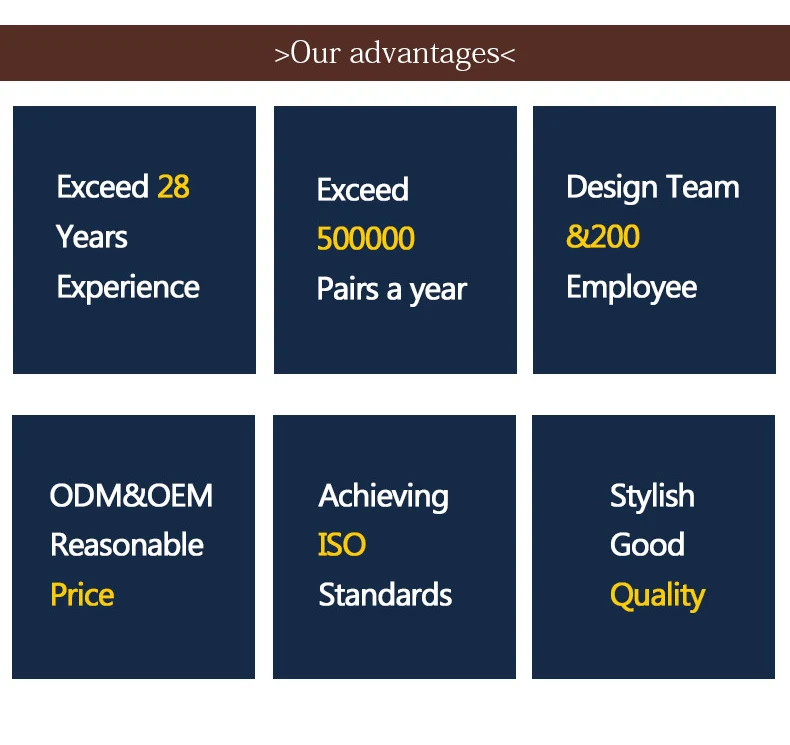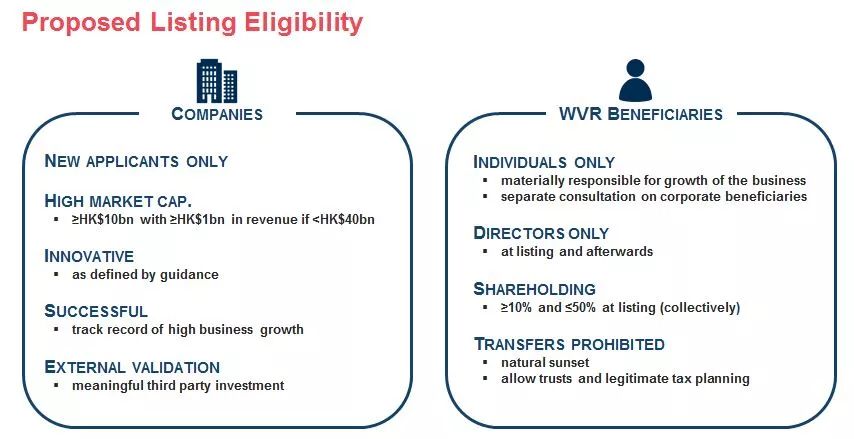Comprehensive Guide to Self Employed Home Loans Requirements for Aspiring Homeowners
#### Self Employed Home Loans RequirementsFor many individuals, owning a home is a significant milestone, but for self-employed individuals, the journey can……
#### Self Employed Home Loans Requirements
For many individuals, owning a home is a significant milestone, but for self-employed individuals, the journey can be more complex. Understanding the **self employed home loans requirements** is crucial for those looking to secure financing for their dream home. Unlike traditional borrowers, self-employed individuals often face unique challenges when applying for a mortgage. This guide will delve into the essential requirements, tips, and strategies to help self-employed individuals navigate the home loan process successfully.
#### Understanding the Self Employed Home Loans Requirements
When it comes to **self employed home loans requirements**, lenders typically seek to verify income stability and financial reliability. Here are the key elements that self-employed applicants need to consider:
1. **Proof of Income**: Self-employed individuals must provide comprehensive documentation of their income. This usually includes tax returns for the past two years, profit and loss statements, and bank statements. Lenders want to see a consistent income stream, so it's essential to have organized financial records.
2. **Credit Score**: A good credit score is vital for securing a favorable mortgage rate. Self-employed individuals should aim for a credit score of at least 620, although higher scores can lead to better terms. Regularly checking your credit report and addressing any discrepancies can help improve your score.

3. **Debt-to-Income Ratio (DTI)**: Lenders evaluate your DTI to determine your ability to manage monthly payments. A lower DTI ratio (typically below 43%) is preferred, as it indicates that you have a manageable level of debt compared to your income. Self-employed individuals should aim to minimize their debt obligations to improve their chances of approval.
4. **Down Payment**: The size of the down payment can significantly impact the approval process. While conventional loans may require a down payment of 20%, some programs allow for lower down payments. However, a larger down payment can enhance your application and reduce monthly payments.
5. **Business Stability**: Lenders often look for evidence of a stable business. This can include documentation of business licenses, contracts, and client lists. Demonstrating that your business has been operational for a significant period (typically two years or more) can strengthen your application.
#### Tips for Navigating the Process

- **Organize Your Finances**: Keeping meticulous records of your income and expenses can streamline the application process. Use accounting software or hire a professional to ensure your financial documents are in order.
- **Consult a Mortgage Broker**: A mortgage broker can help you understand the specific **self employed home loans requirements** and guide you to lenders who specialize in self-employed mortgages.
- **Consider Alternative Lenders**: Some lenders cater specifically to self-employed borrowers and may have more flexible requirements than traditional banks. Researching these options can increase your chances of approval.
- **Prepare for a Larger Down Payment**: If possible, save for a larger down payment. This not only improves your chances of approval but can also lead to better loan terms.

- **Be Honest and Transparent**: When providing financial information, honesty is crucial. Misrepresenting your income or financial situation can lead to loan denial or legal consequences.
#### Conclusion
Navigating the **self employed home loans requirements** can be challenging, but with proper preparation and understanding of the process, self-employed individuals can successfully secure financing for their homes. By organizing financial documents, maintaining a good credit score, and considering alternative lending options, aspiring homeowners can take the necessary steps toward achieving their dream of homeownership. Remember, each lender may have different requirements, so it's essential to research and find the best fit for your unique situation.